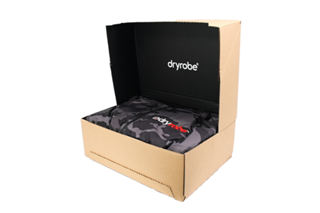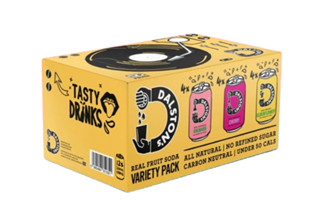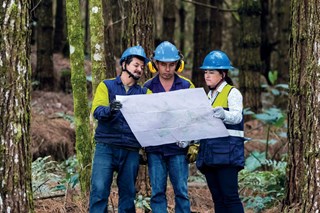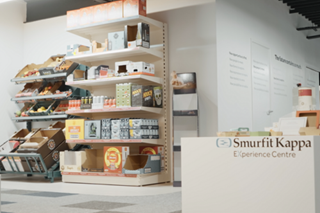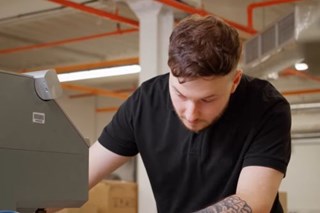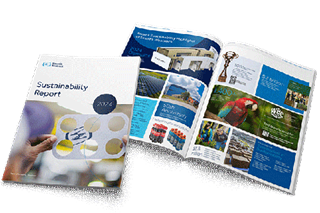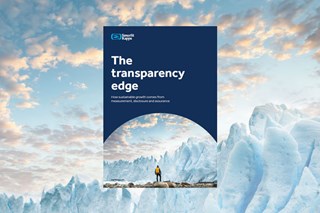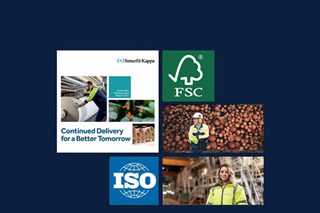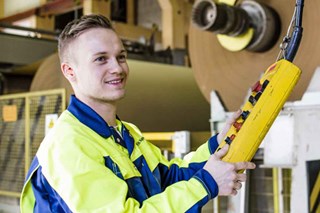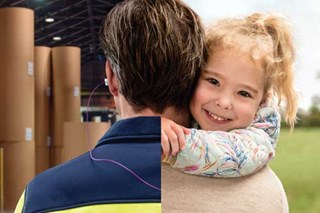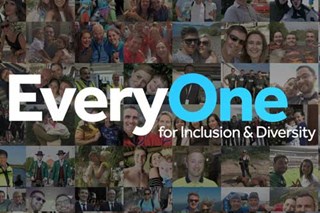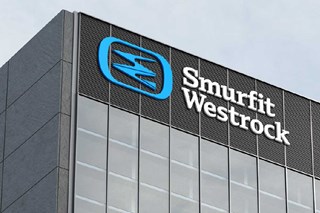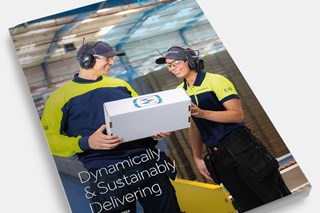UK Modern Slavery Act
Slavery and Human Trafficking Statement
This statement relates to the financial year ending 31 December 2024.
Smurfit Westrock (“Smurfit Westrock”, the “Company”) is committed to eliminating the risk of forced labor and human trafficking occurring in our direct operations and direct supply chain as set out in the UK Modern Slavery Act 2015 (the “Modern Slavery Act”). This Slavery and Human Trafficking Statement (“Statement”) is made in compliance with the legislation. We will continue to comply with the legislation and to promote a culture and actions that reflect a zero-tolerance approach to modern slavery.
This Statement relates to the financial year ending 31 December 2024 and is made on behalf of Smurfit Westrock plc, Smurfit Westrock UK Limited (our “UK Corrugated, Paper and Recycling Operation”); Multi Packaging Solutions Limited, Multi Packaging Solutions UK Limited, WestRock Packaging Systems UK Ltd and Multi Packaging Solutions Belfast Limited (our “UK Consumer Packaging Operation”)

